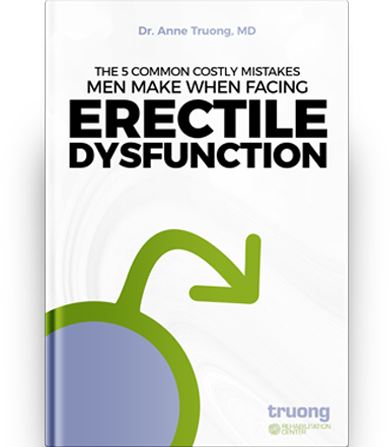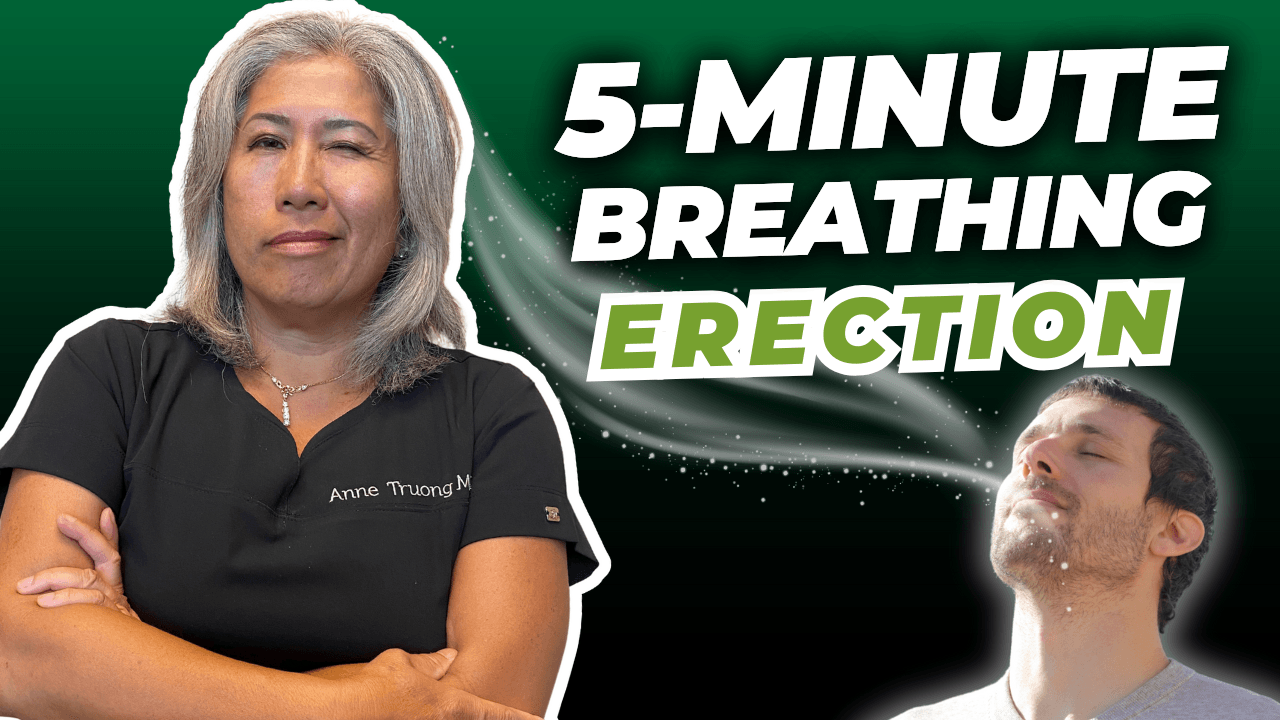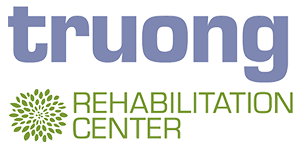When you hear the term “joint pain,” what comes to mind? Maybe you think of joint stiffness or tenderness. Or perhaps your mind immediately goes to arthritis.
It’s no secret that arthritis is a source of great discomfort. The physical pain that comes with this condition affects more than just how your body feels. It also limits how you live your life. When the discomfort of stiff or aching joints won’t go away, you may find yourself giving up the activities that you once loved, like those fun golf outings with your friends or working on that project out in the garage.
While it’s tempting to adjust your lifestyle to fit how you’re feeling, there may be a better way to find relief. Whether you’re struggling with arthritis or you want to avoid developing it, it’s worth taking a look at your overall health. This involves areas like your weight, nutrition, and yes, even your hormones – specifically, your testosterone levels.
So, if you’re a man over the age of 40 or you know someone who is, keep on reading.
A Few Words on Arthritis
Before we explore the connection between low testosterone levels and arthritis, let’s first reground in what arthritis is. At its core, arthritis is the inflammation of the joints. There are over 100 types of arthritis, with two of the main types being osteoarthritis (OA) and rheumatoid arthritis (RA).
When someone has arthritis, they typically feel joint pain, swelling, and stiffness. They may also notice some redness of the skin around their joints. Also, it’s not uncommon for symptoms to flare up in the morning more so than other times of day.
The symptoms of having arthritis can develop over time, but they could also appear suddenly. While it’s more common to see arthritis appear in adults who are 65+ years of age, it’s also possible to see it in children, teens, and young adults.
By the time you feel the symptoms of arthritis, a lot has already been happening in your body. Here are two of the most common types of arthritis and how they manifest in your body:
- OA is caused by wear and tear that diminishes your cartilage and causes bone damage and inflammation.
- RA is a type of auto-immune disease in which your immune system attacks your joints, causing inflammation and pain.
While you can’t keep your body from aging, research is showing a link between arthritis and something else – something that may be more within your control. Let’s explore further.
Can Low Testosterone Cause Joint Pain or Arthritis?
Males and females both have a group of hormones in their bodies called androgens. Despite women having them, androgens are commonly referred to as “male hormones,” with the principle one being testosterone.
As men age, it’s common for their testosterone levels to dip. For many men, this starts to happen around age 40. Low testosterone, or Low T, is a natural part of aging, and the symptoms can include:
- loss of libido
- excessive tiredness
- anxiety or depression
- weight gain
Over the past several decades, research has shown how androgens help to reduce damage to cartilage and can prevent inflammation, a key feature of arthritis. More recently, research has shown a clear association between the risk of RA and testosterone levels in men. The data highlights that low testosterone levels play a role in developing certain types of arthritis down the road.
It’s worth noting that arthritis, specifically RA, is less common for men than women. However, this study indicated that for men with low testosterone, the rate of developing seronegative RA may be higher. The study also suggested that the imbalance in testosterone influenced the onset as well as the type and traits of RA that men would develop.
So, if you’re wondering, “Can low testosterone cause joint pain or arthritis,” the answer is, “Yes, research shows it may be possible.” If left unchecked, low testosterone levels could eventually lead to developing RA.
How to Get Relief From – or Prevent – Arthritis Pain
If you already have arthritis, you’re likely already feeling the hallmark traits – aches, stiffness, and pain in your joints. There are many natural approaches when it comes to relieving the discomfort. Here are four:
- Maintain a healthy weight. If you think about it, your knees have to support your entire body weight. Carrying those extra pounds can really take a toll on them. In fact, if you’re just 10 pounds overweight, the force on your knees raises by 30 to 60 pounds with each step. So, try to reduce the pressure on your joints by slimming down.
- Eating a healthy diet. Look for foods rich in antioxidants to help reduce inflammation. Choose options like herbs, vegetables, fresh fruits, nuts, and fish. When possible, minimize or avoid fried foods, red meats, added sugars, and highly processed foods. These are known to increase inflammation in the body and can spike your symptoms.
- Keep moving. Exercise will keep your joints strong and flexible. Look for low impact exercises, like swimming, that will keep the pressure off your joints. Don’t forget to use proper equipment, correct form, and stretch beforehand!
- Check your testosterone levels. Getting your hormone levels tested is the first step in identifying any imbalances. Then comes correcting any deficiencies and restoring healthy levels of testosterone in your body.
But what if you don’t have arthritis yet? You don’t have to wait to get it to start making changes for the better. The sooner you can start taking proactive steps, the more you lower your risk. Remember – it’s better to prevent than to cure.
Know Your Testosterone Levels
In addition to healthy lifestyle changes, one way to get ahead of arthritis is to get your testosterone levels checked. If you’re a male over the age of 40, we recommend doing this regularly. Once you know your levels and are ready to balance them, there are a number of potential advantages in going the natural route.
At our office here in Fredericksburg, VA, Dr. Anne Truong focuses on restoring testosterone levels through what’s called bioidentical hormones. These hormones are produced from natural plant sources, such as soybeans or yams, and are designed to match your hormones at a molecule-by-molecule level. Plus, they’re customizable for your unique levels, which can be far more effective than a one-size-fits-all approach.
Your T levels don’t just affect your sex drive. There are a lot of other symptoms that can be associated with low T levels. So, it’s wise to get your levels checked out no matter what.
If you have low testosterone (or think you might) and are ready to take steps towards a more vibrant, healthy life, give our office a call or send us a message here. We’re here to support your health!











